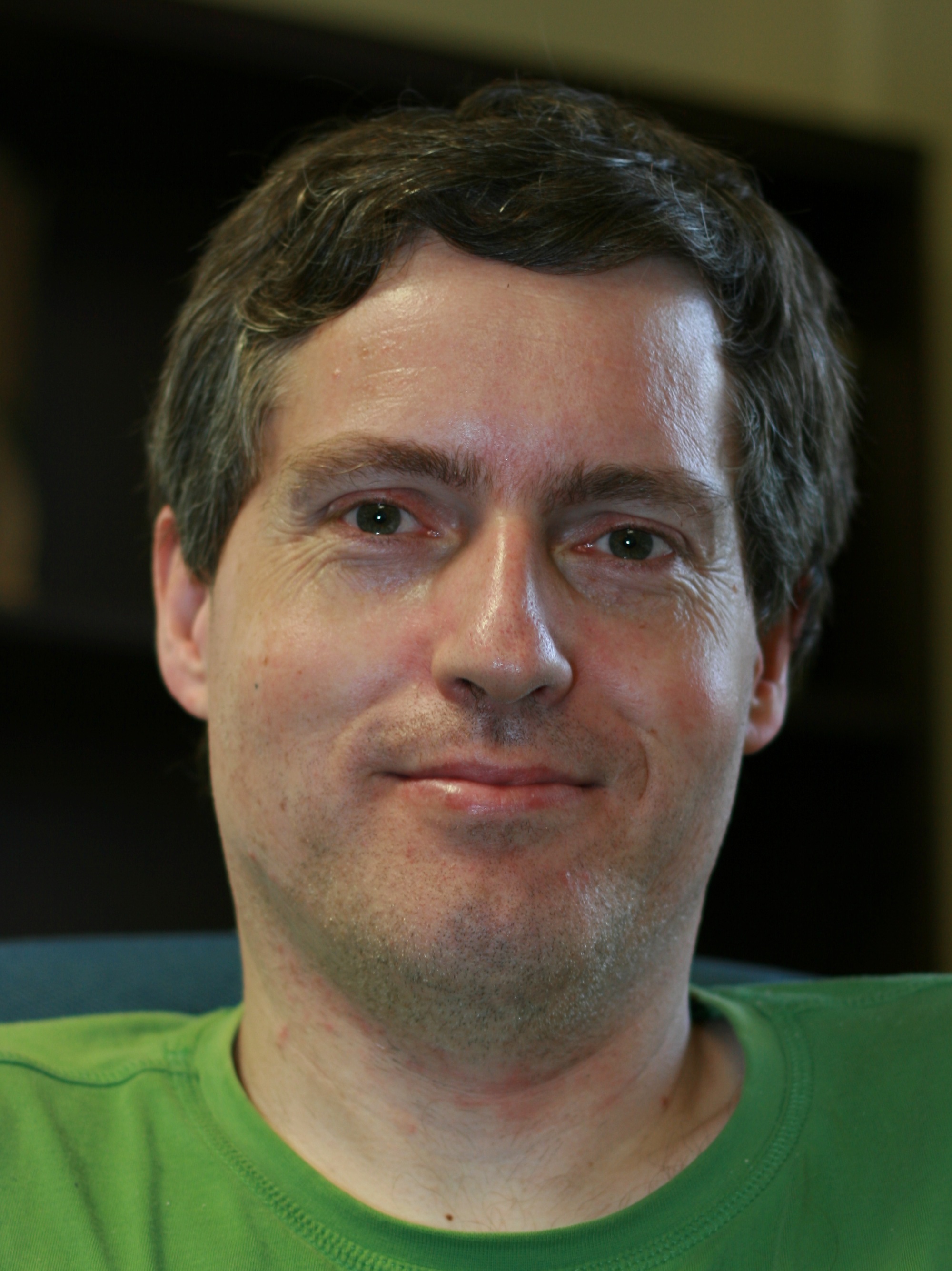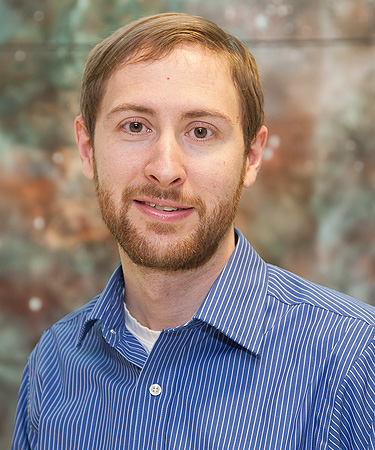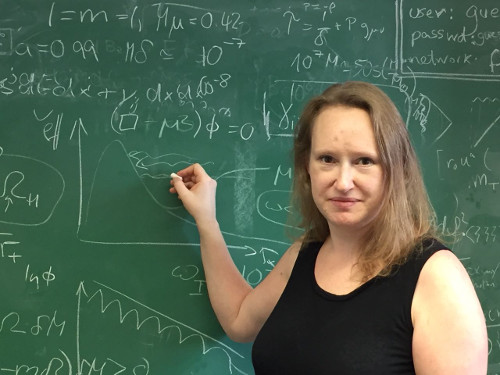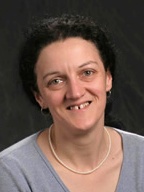Einstein Toolkit Maintainers
The Einstein Toolkit is comprised of a core set of software components whose development and support is overseen by the Einstein Toolkit Maintainers. Additional components
are developed and supported by individuals and groups in coordination with the maintainers. The Maintainers mandate is to:
- Oversee the architecture of the Einstein Toolkit.
- Ensure software quality and verification across the Einstein Toolkit.
- Oversee the inclusion of software components in the Einstein Toolkit. This includes new software components to be developed in the Consortium as part of
the core Einstein Toolkit and the vetting of software contributed as external components.
- Ensure that appropriate individuals have privileges to check software into the EinsteinToolkit.org repository.
The Einstein Toolkit Maintainers can be contacted at maintainers@einsteintoolkit.org, the maintainers are:
Steven R. Brandt is a research programmer at the Center for Computation and Technology at Louisiana State University. Steven's research
work focuses on the simulation of high performance computing.
Peter Diener is an assistant research professor at the Center for Computation & Technology and the Department of Physics & Astronomy at Louisiana State University.
He is interested in relativistic astrophysics and specializes in binary black hole simulations.
Zachariah Etienne is an assistant professor of Mathematics at West Virginia University.
He is interested in relativistic astrophysics and specializes in simulations involving matter.
Roland Haas is a research programmer at NCSA at the University of Illinois in Urbana-Champaign. Roland's research
work focuses on the simulation of gravitational waves generated by both comparable mass and extreme mass-ratio binaries.
Ian Hinder is a
Research Software Engineer at
Manchester University,
working with researchers across the university on research
software projects. Ian is the main developer of the Kranc
package that generates Cactus thorns for solving partial
differential equations.
Helvi Witek is a Royal Society University Research Fellow at King's College in London.
Helvi's research focuses on modelling and understanding the
dynamics of black holes (by means of numerical relativity) in GR
and extensions thereof. As the ``point-particles'' of gravity
black holes play an important role in astrophysics and cosmology,
but also in the context of high energy physics. Exploring their
signatures such as gravitational waves will help uncover
exciting, strong gravity phenomena.
Einstein Toolkit Maintainers Emeritus
These individuals at some point were active Einstein Toolkit Maintainers. They may still be active users or even active main developers, but they stepped down from the
duties of a toolkit maintainer mentioned above.
Gabrielle Allen is a professor in the department for Astronomy at the Univeristy of Illinois at Urbana-Champaign and associate Dean of Research in the College of Education. Gabrielle's research interests are design of community-centric programming environments and tools for large scale
applications in relativisitic astrophysics and other fields. Gabrielle is also interested in the development of pedagogical tools for computational science.
Tanja Bode is a computational scientist at Lick Observatory.
Frank Löffler is researcher at the Heinz-Nixdorf Chair for Distributed Information Systems in Jena, Germany. His main application of the Einstein Toolkit is to simulate the dynamics of compact binary systems. Frank Löffler was leading the Einstein Toolkit development for a number of years, with his primary focus still being on hydrodynamics core and analysis thorns, as well as the data and I/O aspects of the Einstein Toolkit cyberinfrastructure efforts.
Bruno Mundim is an Applications Analyst at SciNet at the University of Toronto. His main interest is in studying the dynamics of compact star binaries. His PhD
thesis work was in Boson Star binaries and the dynamics of Black Hole-Neutron Star binaries. He is also interested
in astrophysically realistic initial data for numerical
simulations of black-hole binaries. Bruno served as a maintainer
from 2009 to 2015.
Christian D. Ott specializes
in simulations of stellar collapse, core-collapse supernovae, black hole formation, neutron star mergers, and gamma-ray bursts.
Einstein Toolkit Website
The einsteintoolkit.org website was created and launched by Colby Jordan and later re-designed by Ahmed A Shawer. The project's Einstein logo was designed and drawn by Rayyan Tash.











